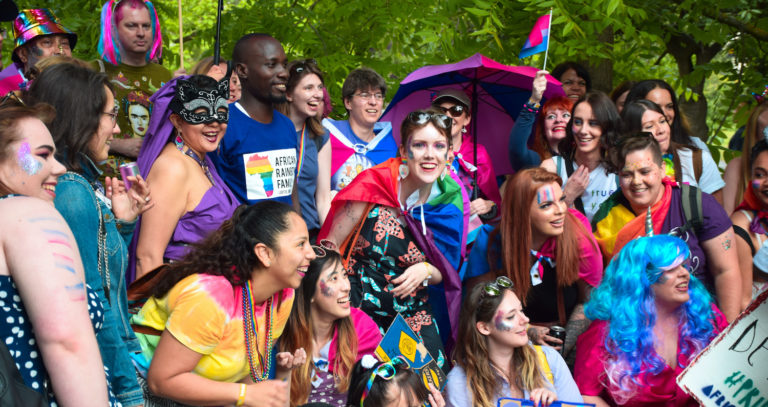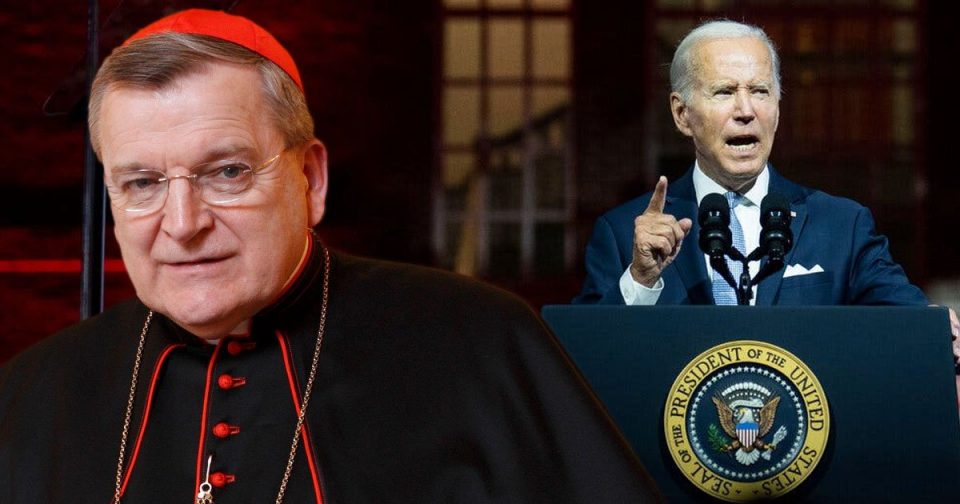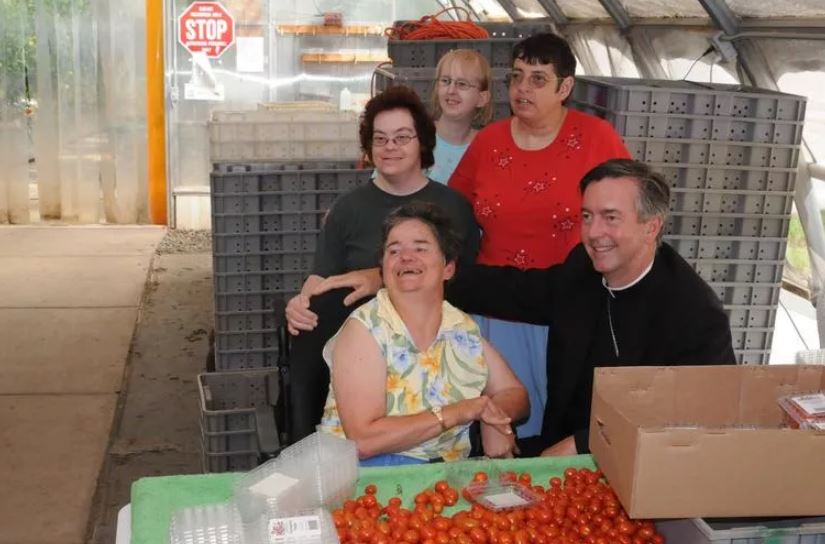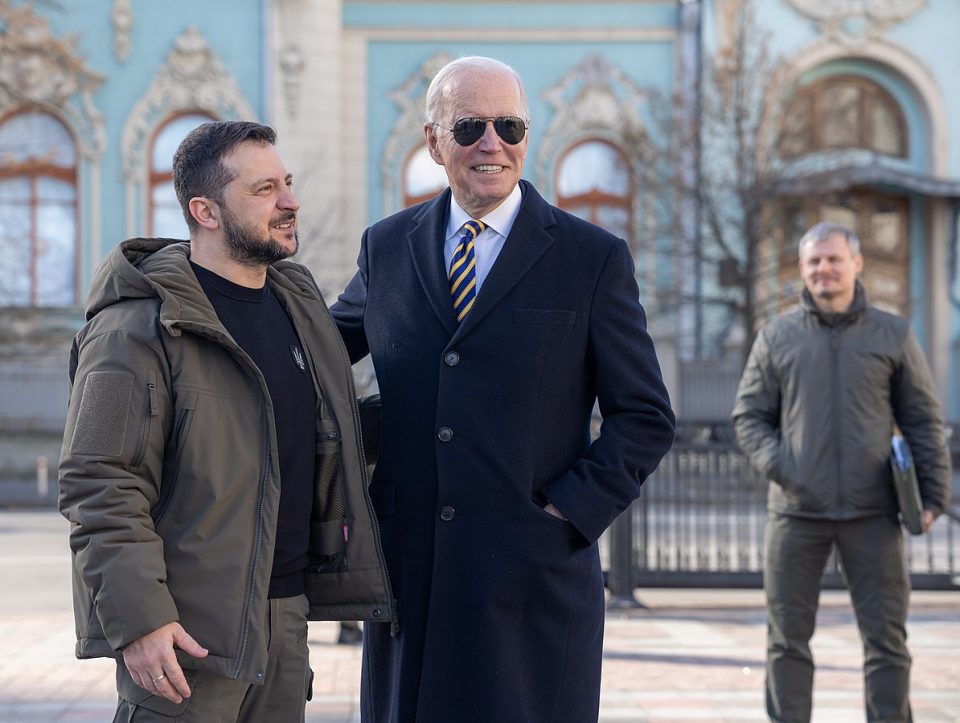By David Ayers, Ph.D., Crisis Magazine, May 19, 2021
David Ayers is Professor of Sociology in the Department of Economics and Sociology at Grove City College, where he has also served previously as Dean of the Alva J. Calderwood School of Arts and Letters, and as Interim Provost and Vice President for Academic Affairs. …
 In recent years we have witnessed the rise of two national political leaders—Joseph Biden and Nancy Pelosi—who claim to be devout Catholics while actively promoting radical pro-abortion and pro-LGBT agendas. This has brought into sharp relief the growing disparity between two thousand years of unvarying Church teaching on these issues against the opinions of large swaths of professing Catholics. This was made clear in recent polling that showed about two-thirds of U.S. Catholics believing that Catholic politicians who supported abortion should be welcome to receive Communion and an astonishing 78% who said the same thing about those that actively support homosexuality.
In recent years we have witnessed the rise of two national political leaders—Joseph Biden and Nancy Pelosi—who claim to be devout Catholics while actively promoting radical pro-abortion and pro-LGBT agendas. This has brought into sharp relief the growing disparity between two thousand years of unvarying Church teaching on these issues against the opinions of large swaths of professing Catholics. This was made clear in recent polling that showed about two-thirds of U.S. Catholics believing that Catholic politicians who supported abortion should be welcome to receive Communion and an astonishing 78% who said the same thing about those that actively support homosexuality.
Amazed at this last fact, I looked at gay attitudes, attraction, orientation, and actions among Catholic teens and young adults to see how, and how much, things were changing. I used the National Survey of Family Growth (NSFG), a respected survey focused on the marriage, family, and sex lives of many thousands of Americans ages 15 into their 40’s, released every other year by the Centers for Disease Control and Prevention. I compared 2013 versus 2019 to see changes over that six-year period. For the sake of comparison, I compared Catholics with those who had no religious affiliation—the so-called “Nones”—and the three largest wings of Protestantism: Evangelical, Mainline, and historically Black churches. My focus was on those 27 years of age and younger—the future of the Church. …
Continue reading >>>>







